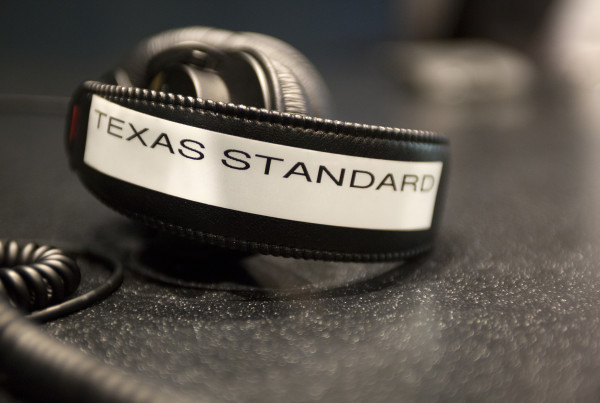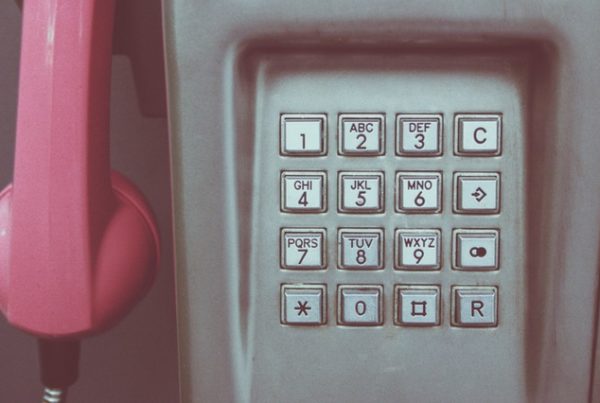Trending in this year’s presidential election is the candidates’ health: renewed scrutiny of a letter from Donald Trump’s doctor, tweets dissecting Hillary Clinton’s cough and video of Clinton being helped into a van. Some say releasing candidates’ medical history would end the speculation. But whether the candidates have a duty to do so is up for debate.
Elura Nanos, a lawyer and editor for lawnewz.com, says the idea is “ridiculous.”
“I don’t think that health information is at all tied to voter choice,” she says. “When you’re talking about really whether a person has an obligation to reveal any information – medical information or financial information or personal information – you do have to start out from a place of ‘Is there a basis for saying this is an obligation?’”
If there’s no legal obligation, the next question is whether there’s a moral obligation to release private information.
“When we’re talking about Hillary Clinton, there is absolutely no legal basis for saying that she has an obligation to turn over medical records,” Nanos says.”The problem with requiring somebody to comply with a moral duty is that it’s impossible for everyone to agree on what the moral duty would be.”
Politicians and other public figures do surrender a number of rights citizens enjoy, Nanos says.
“I think it’s very dangerous to just assume that they surrender all of their rights,” she says. “When it comes to privacy and protection of private information a great deal of emphasis is put on a person’s expectation… What would a reasonable person think and rely on with respect to privacy?”
In the case of financial records, Nanos says many people know that financial information is not always private – the IRS can audit our records, or we may need to turn over information when seeking a loan or mortgage.
“When it comes to our physical bodies we have a much greater expectation of what privacy we’re entitled to,” she says. “Most people believe that the functioning of their physical bodies is the most private thing in the world.”
Post by Beth Cortez-Neavel.

















